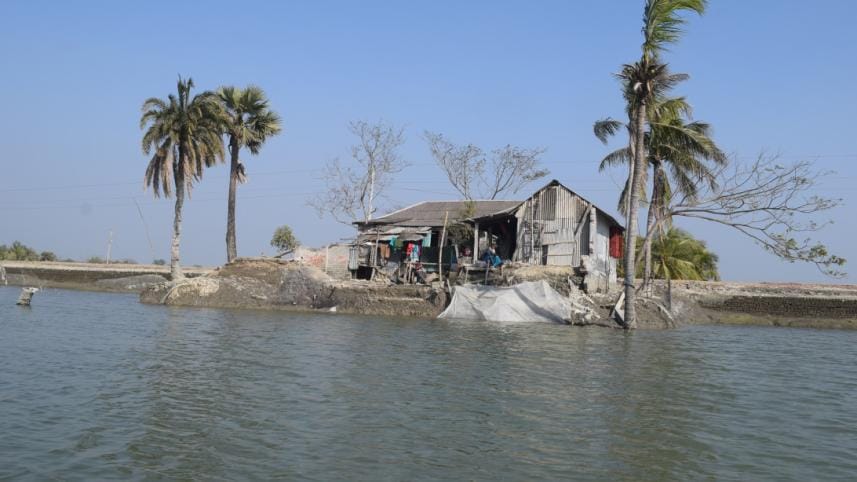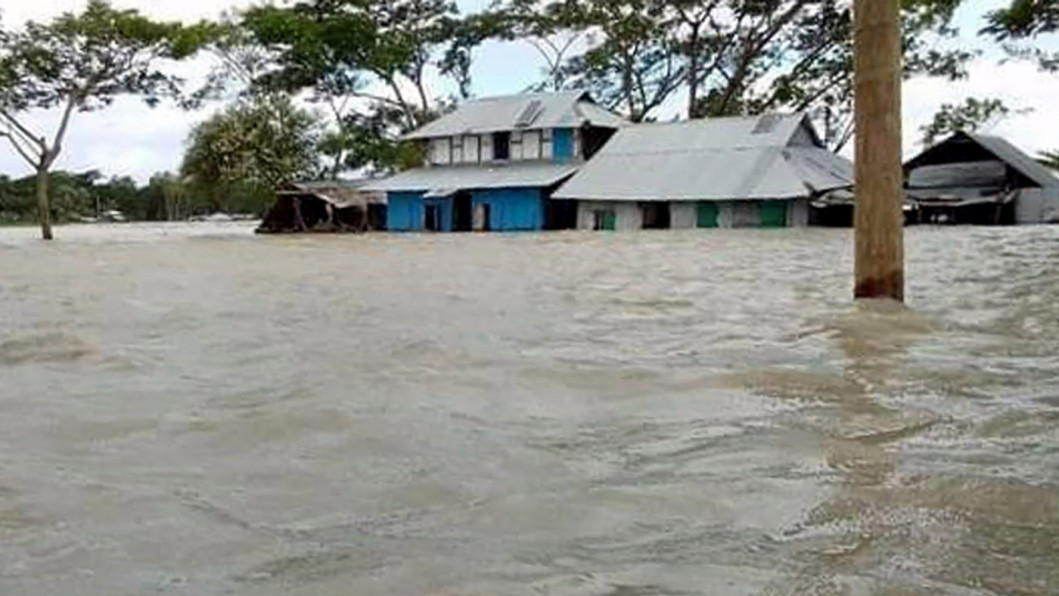Looking back at London Climate Action Week 2023

Sadiq Khan, the mayor of London, has been holding an annual weeklong London Climate Action Week (LCAW) in summer every year since he was elected mayor five years ago. The week consists of a series of different events held all over London by different groups focusing on actions to tackle climate change. This initiative has been an extremely successful way to raise awareness about the issues in London and, more importantly, to galvanise actions by different stakeholders in the city.
One of the characteristics of London is that it is not only the capital of the United Kingdom, but it is also an extremely international city with people from every country in the world living there, including a large number of people of Bangladeshi origin.
I have had the privilege of being invited to speak at a number of events during LCAW every year. At this year's event, my first observation was that there had been a major shift in the understanding of what tackling climate change means. In the previous years, almost all the events held during the week would focus on mitigation or reducing emissions of greenhouse gases (GHGs) through campaigns such as net zero, etc. However, this year I was very pleased to see a significant number of events focusing on adaptation and even loss and damage from human-induced climate change, as the UK and Europe suffered from heatwaves over the last few weeks.
There is a tremendous scope for collaboration between the Bangladeshi diaspora in the UK and Bangladesh on tackling the global climate crisis together.
One of such events that I was invited to speak at was a gathering of high-level representatives from the insurance and reinsurance industry, for which London is a global hub, who have started to recognise the importance of dealing with losses and damages from human-induced climate change. This is indeed a welcome shift in awareness of this important sector, which has significant resources in terms of both money and knowledge that can be deployed towards minimising the loss and damage going forward.
Thus, London has the potential to become a global leader in harnessing the insurance sector to tackle climate change at scale.
I also attended a number of events on climate change-induced displacement and migration, including with the London office of the International Organization of Migration (IOM), which brought together a significant number of policymakers and practitioners working on the issue.
One such event focused on the role that the Bangladeshi diaspora in London can play in tackling climate change in the UK, as well as connecting with their families and relatives in Bangladesh. There is a tremendous scope for collaboration between the Bangladeshi diaspora in the UK and Bangladesh on tackling the global climate crisis together.
The International Centre for Climate Change and Development (ICCCAD) also co-organised a major event on tackling loss and damage with the International Institute for Environment and Development (IIED), under the ALL ACT initiative we launched in Dhaka in March. This initiative now has many new partners in Least Developed Countries and Small Island Developing Countries, in which we will be carrying out research and capacity-building efforts to address loss and damage.
So, overall, LCAW 2023 has seen a breakthrough in the issue of supporting adaptation, building resilience, and addressing loss and damage.
Going forward, this may be an inspiration for the Dhaka city mayors to organise a similar climate action week in our capital city, and perhaps invite the mayor of London, so Dhaka and London can join forces to become global leaders in tackling climate change.
Dr Saleemul Huq is director at the International Centre for Climate Change and Development (ICCCAD) and professor at Independent University, Bangladesh (IUB).




 For all latest news, follow The Daily Star's Google News channel.
For all latest news, follow The Daily Star's Google News channel. 

Comments